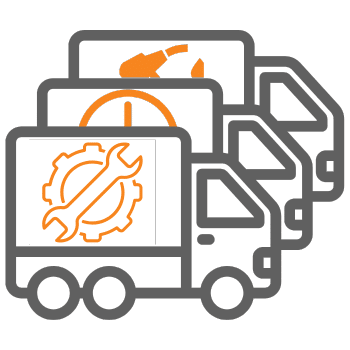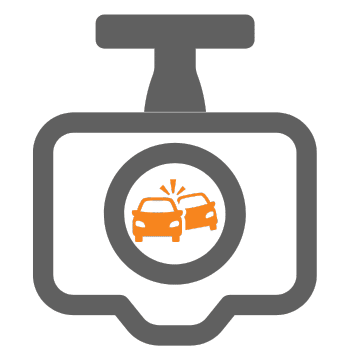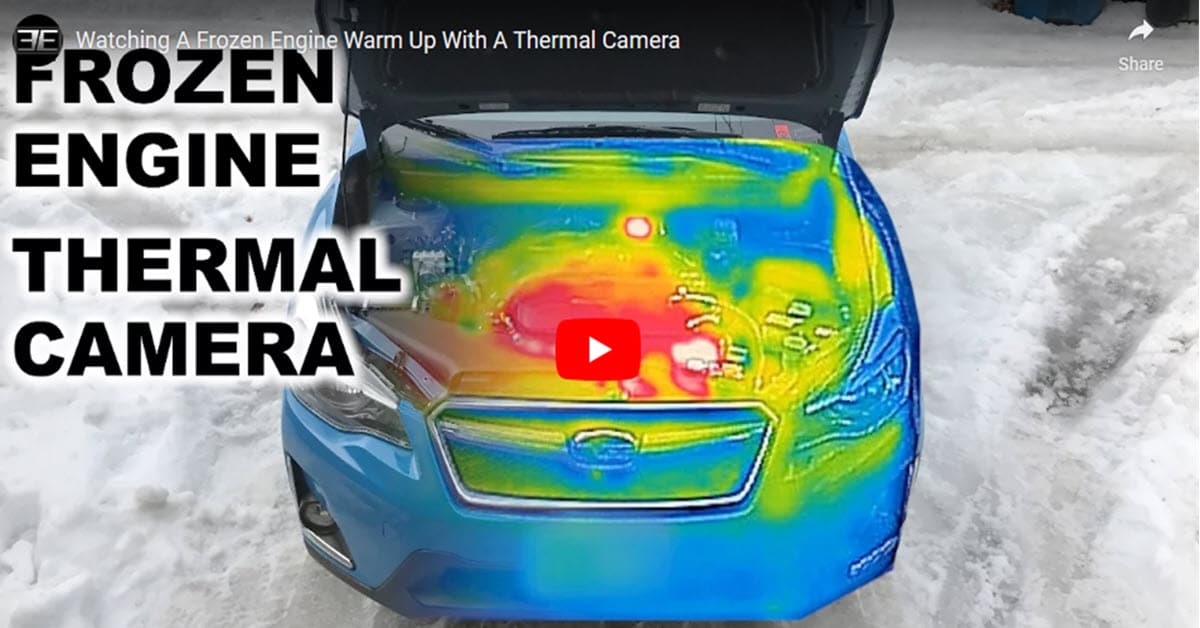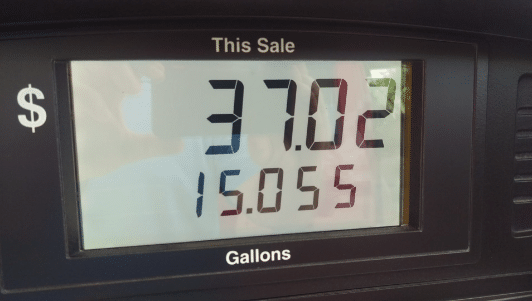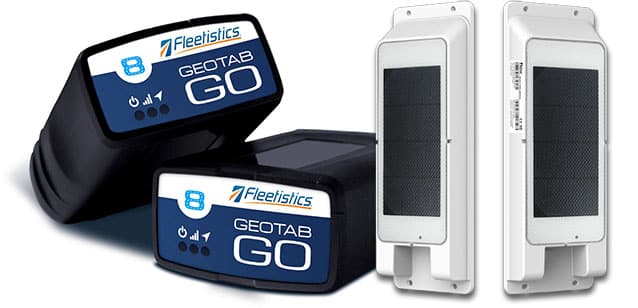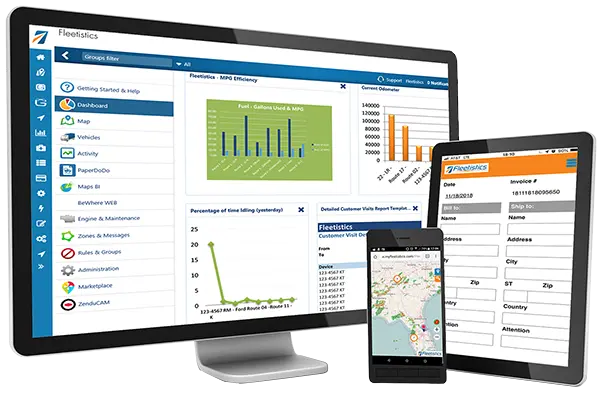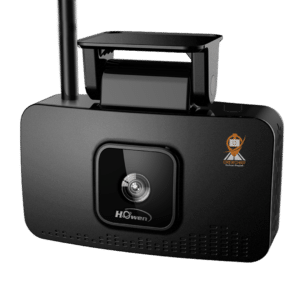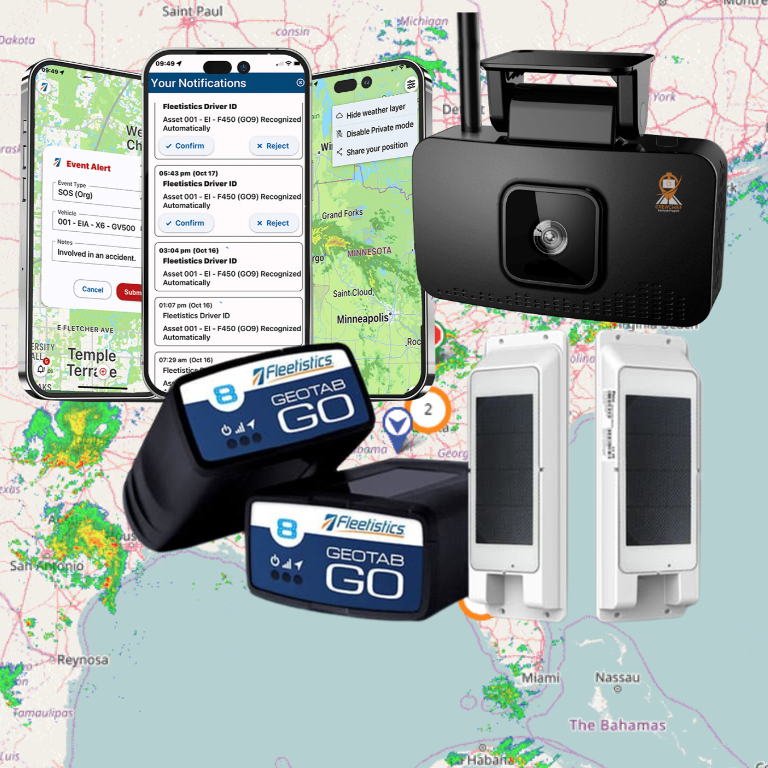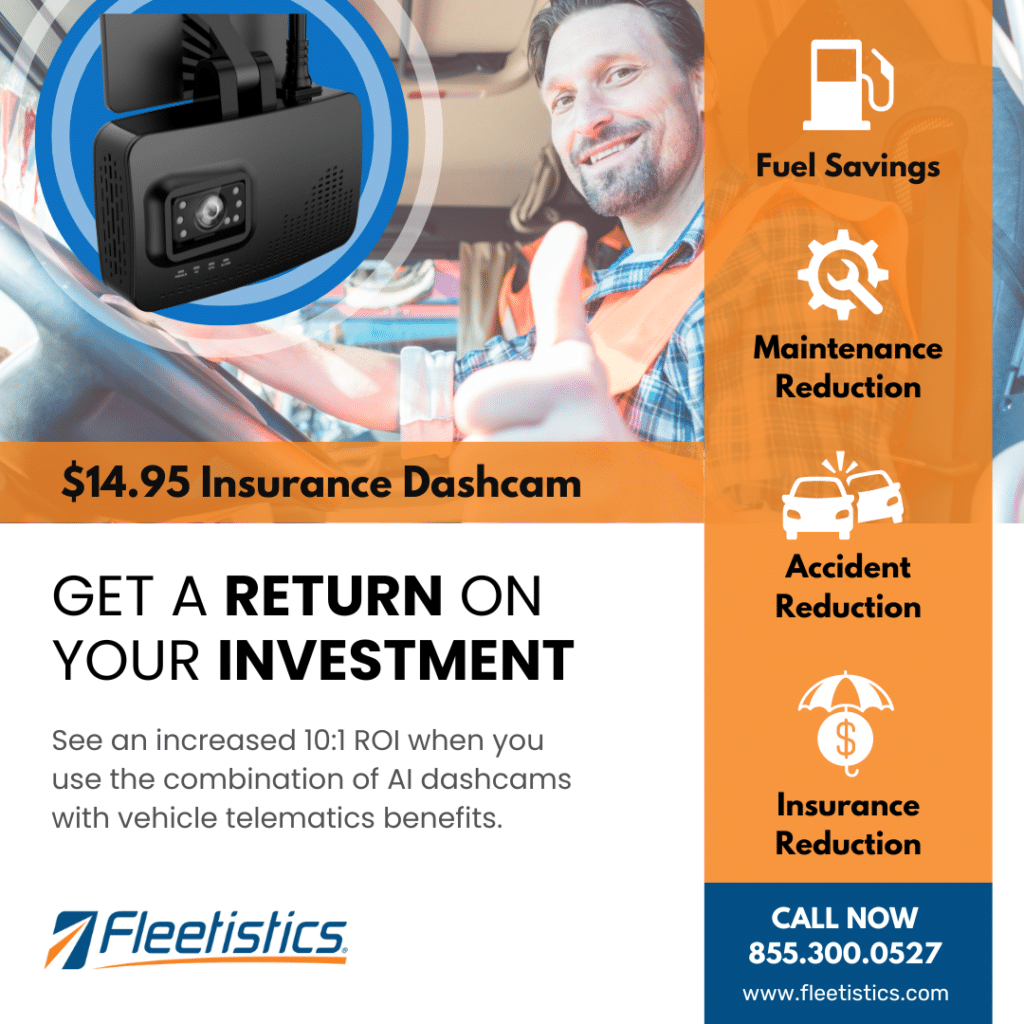We All Have Costly Driving Habits
This post shares valuable information not only for commercial fleets, but for anyone who drives. We all want to keep our vehicles running well and far from the repair shop. A few things you may do out of habit, and never thought much about can be causing serious damage to your vehicle over time. Saving a transmission, braking system, or fuel pump from excessive wear will keep your hard-earned money in your pocket, and you in the driver’s seat.
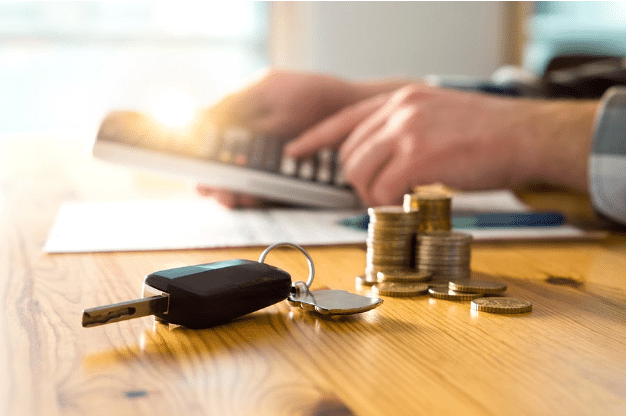
#1 Ignoring an Unfamiliar Sound
Some sounds just get our attention more than others. A loud scraping noise is pretty alarming. Most drivers would recognize it as bad news and do something immediately. On the other hand, what about a subtle hissing sound? You may not even be sure you really heard something. Ignoring that sound is a costly driving habit.
Rather than let it go, take a minute to listen more closely. Lift the hood and see if it sounds louder. Ask someone else if they hear it too. Sure, it might just be wind noise, but it could be an early warning sign of something about to go very wrong. If you ignore it until that soft hiss turns into a whistle you could find yourself at the side of the road needing belts or vacuum hoses replaced.
#2 Resting Your Hand on the Gearstick While Driving
According to carthrottle.com and many other sources, this common habit can cause easily avoidable damage to your transmission. The constant weight of your hand or arm on the shift lever, puts pressure on the parts connecting below in the gearbox. That pressure causes unnecessary wear and tear and can lead to very expensive transmission failures.
Break that costly driving habit easily by keeping both hands on the wheel. You will find you have more control and may even react a little faster to potential hazards.
#3 Over-Revving a Cold Engine
Winter is here and vehicles may be very cold when we get in to drive. Newer vehicles with fuel injection systems do not require the same care as older vehicles did in this regard, but after reading a few articles on the subject, it seems prudent not to over tax cold vehicle components. Thermal expansion is a fact and precision parts operate best when they are at their optimum operating temperatures, so spending a few minutes to allow the engine to warm just makes sense. It also makes sense to warm the car before you get in for the sake of your own comfort.
This video shot with a thermal camera shows the warming of a frozen engine is very interesting and informative.
Costly Braking Habits
Your brakes may be the single most important system on your vehicle. Wherever you go and whatever you encounter, when you want to stop, or need to stop in an emergency, the brakes have to work! The alternative ways to stop a vehicle can be extremely unpleasant. There are 3 costly driving behaviors that are easy to break specific to how and when we brake.
#4 Excessive Downhill Braking
Of course, you want to brake when necessary, but riding the brake pedal when driving downhill is a common costly driving habit. Continuing to do it will overheat your brake components and wear them out before their time. Instead, try slowing down some before you crest that hill, take your foot off the gas, and downshift to slow the engine. If you pick up too much speed, brake as needed to slow the vehicle, but don’t keep constant pressure on the brake pedal.
#5 Frequent Hard Braking
Sudden and frequent braking often go hand in hand with distracted driving. Both are costly driving habits. A driver that is aware of what is going on around him (or her) has more time to react. They can more easily swerve safely to avoid an obstacle or decelerate slowly rather than brake at the last second. In any case, breaking the hard braking habit pays off in fewer brake repairs and replacements as well as fewer collision incidents and stressful close calls.
#6 Not Using the Parking/Emergency Brake on an Incline
Those of us who mainly drive in the flat lands may not know this, but you should always engage the parking/emergency brake when parked on an incline, AND it should be engaged before you take your foot off of the main brake and put the gear shift lever into the park position. As a side note, if you drive in a mountainous region you also need to curb your wheels. Communities like San Francisco routinely issue citations for not doing so.
The reason for using the parking/emergency brake is pretty simple to understand. Automatic transmissions have a device known as a parking pawl that prevents the transmission output shaft from moving when your shifter is in park. It looks like a pin that engages a notched ring. When these parts are worn, you will notice the vehicle moves a couple of inches forward or back after you put it in park. According to AAMCO, when you set your shifter to park before setting the parking or emergency brake, the entire weight of your vehicle rests on the parking pawl device. Over time it becomes weak leading to premature failure and very costly repairs.
#7 Emptying the Tank Before Refueling
This is an easy costly driving habit to break once you accept that you are not saving a dime by filling the tank later rather than sooner. The fuel that you pump into your vehicle at the gas station contains some impurities all fuel does. Over time, these impurities settle to the bottom of your tank. Again, this may be more of a concern for older vehicles and colder climates than newer vehicles in the south, but it still applies to all vehicles over time. When you burn the fuel at the bottom of the tank, those impurities (including water) can be pulled into the fuel pump and engine. Enough water will stall the engine. More important, the last thing you want are impurities getting trapped in critical moving engine parts.
Top mechanic’s recommend to never run the tank dry. Certainly refuel before you are below 1/10 or under 2 gallons. Others say to keep no less than a quarter tank at all times. This is so the fuel level does not go below the level of the fuel pump within the engine. They say when the fuel level is below the fuel pump, the fuel pump generates more heat causing it to wear faster than normal.
